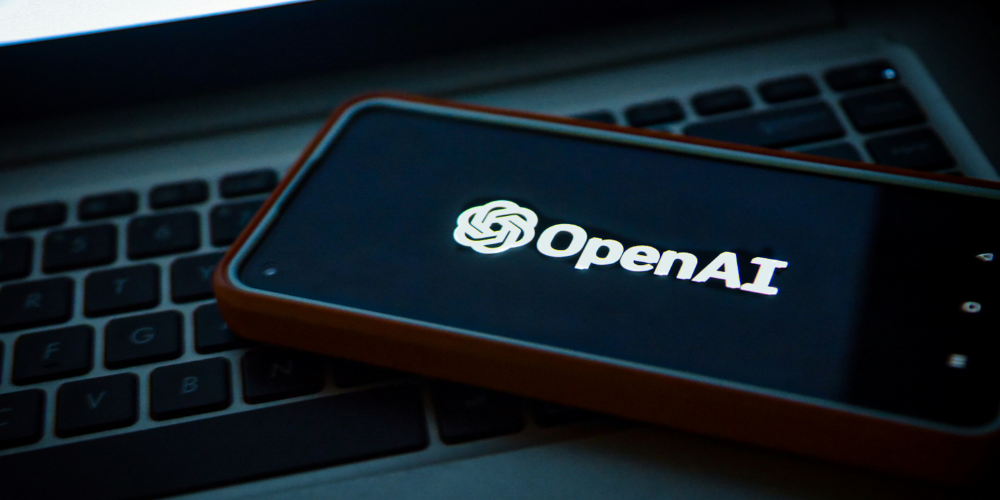Challenges in OpenAI's GPT Store: Navigating the Waters of Policy Violations
21 Mar 2024

OpenAI, the pioneering AI organization, has stumbled upon a pressing issue with its recently launched GPT Store, a creative marketplace for specialized mini chatbots. The platform, designed as a hub for developers to showcase their chatbot creations, has encountered difficulties in policy regulation, leading to an influx of GPTs operating in breach of the set guidelines.
The promise of the GPT Store was simple: to allow users and developers a space where utility and innovation could flourish in the form of specialized GPTs. However, the reality has shifted from this ideal. Reports indicate that several offerings within the platform are inconsistent with the strict policy framework that prohibits certain activities like delivering professional advice on legal, health, or financial matters. This has been highlighted by the emergence of chatbots that seemingly offer real-time legal counsel, which is against OpenAI's terms.
Moreover, cases of impersonation have added another layer of complexity to the issue—the clever renaming of public figures with slight alterations to prevent detection, which nevertheless misleads users into thinking they are interacting with real or licensed personas. This practice puts the authenticity and trustworthiness of the platform at risk, as users are deceived into engaging with these deceptive bots.
Further complicating matters are chatbots that tread the murky line around originality and copyright infringement. By creating content that mimics the style of well-known brands or characters, these bots not only challenge the enforcement capability of OpenAI's policies but also bring into question the legal ramifications for their developers due to potential copyright claims. The situational gravity is underscored by the fact that while OpenAI might be shielded by the Digital Millennium Copyright Act in the US, the bot creators could still find themselves entangled in legal battles.
OpenAI's endeavor with the GPT Store is a commendable effort to democratize the use of artificial intelligence, but this democratization comes with its set of challenges. Reinforcing the importance of robust monitoring and oversight mechanisms, the current predicament facing the GPT Store demonstrates the necessity for a multi-faceted approach, which includes advanced automated systems, responsive human review, and active user participation in reporting violations. The resolution of these issues is pivotal for the integrity and future success of the GPT Store. As OpenAI navigates these choppy waters, it will need to rapidly iterate and tighten its governance strategy to maintain the innovative spirit of the marketplace while ensuring compliance with its own rules.







